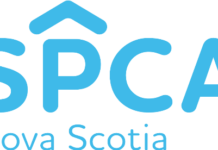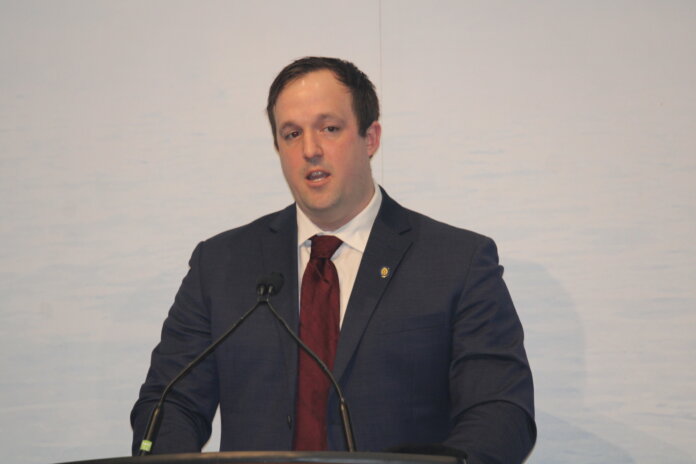HALIFAX: Applications for the New Investigator in Addictions and Mental Health Grant are now open, Nova Scotia announced on Oct. 10.
“Research and collaboration are essential to understanding the mental health and addictions needs of Nova Scotians,” said Brian Comer, Minister of Addictions and Mental Health.
“We are pleased to support Research Nova Scotia and researchers in the early stages of their career.
“This work will positively inform the way we deliver care to people who are underrepresented in our province.”
ADVERTISEMENT:
This one-time grant will provide up to $100,000 over two years for early-career researchers who are working on mental health and addiction research that focuses on equity-deserving groups in Nova Scotia.
A total of $500,000 is available.
The deadline for the first step in the application process is November 7.
More information and the application are available at: https://researchns.ca/new-investigator-in-addictions-and-mental-health-grant/
This is the third and final funding stream for the new community wellness framework. Two others announced this year involve one-time mental health and addictions projects and multi-year funding to community-based organizations.
The framework is supported by a $6.7-million investment.
ADVERTISEMENT:
This increased investment in research aligns with Action for Health’s Solution 6 – Address the factors affecting health and well-being.
Quotes:
“An important role we have in improving addictions and mental healthcare in Nova Scotia is to attract and support talented, passionate researchers to help solve challenges identified by equity-deserving groups.
The New Investigator in Addictions and Mental Health Grant will support early-career researchers in establishing research programs and making significant contributions in the field.”
— Stefan Leslie, CEO, Research Nova Scotia
ADVERTISEMENT:
Quick Facts:
– equity-deserving groups are defined as but not limited to: Mi’kmaq/Indigenous people or communities; African Nova Scotians/people of African descent; racialized people; newcomers; people with disabilities; the 2SLGBTQIA+ community; Acadian/francophone people; and residents of rural areas
– to be eligible, researchers must be within the first five years of their first academic appointment
– the funding will support the creation of independent programs of research, as well as better positioning early-career researchers to receive awards from other funders
– funding recipients will be announced in April 2025



































